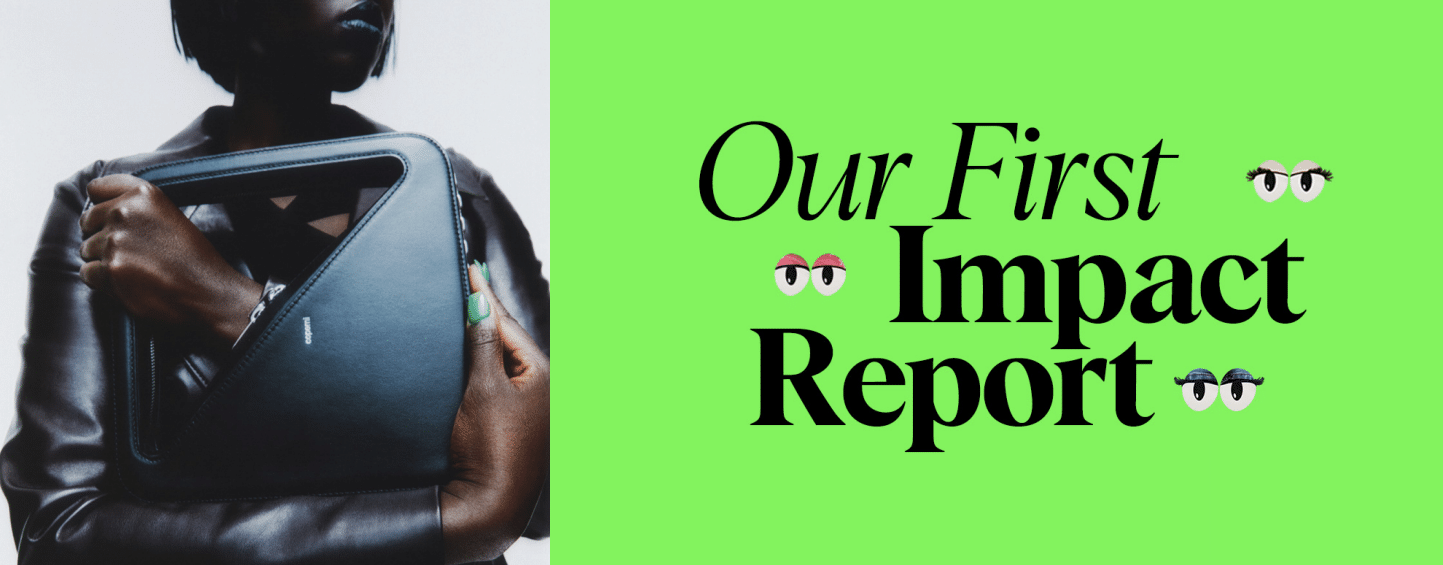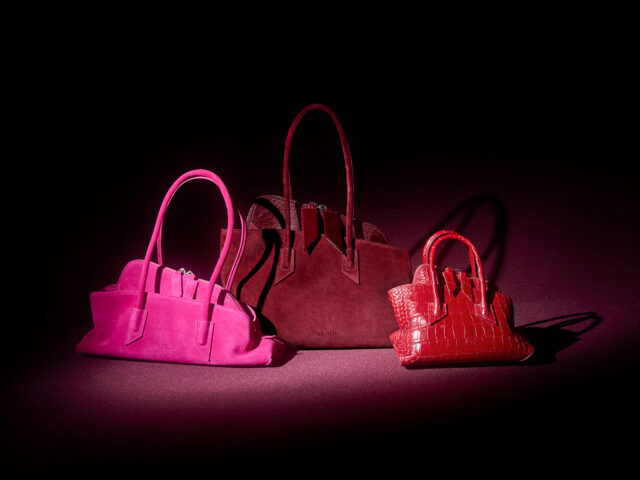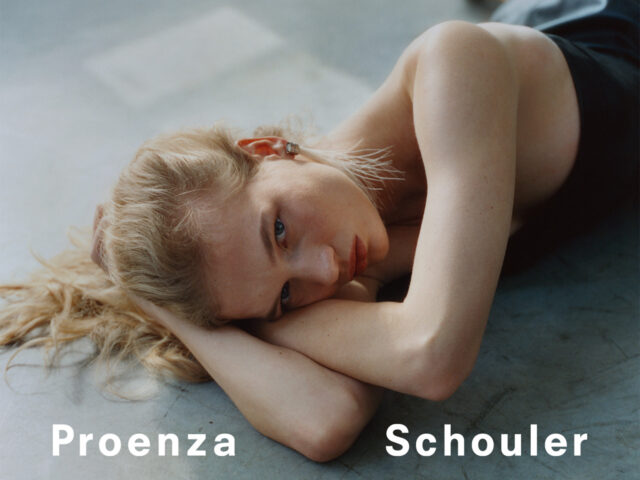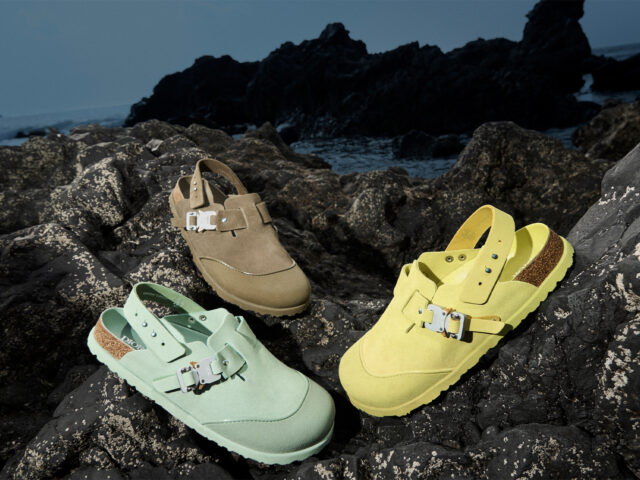Vestiaire Collective, the leading global app for buying and selling second-hand fashion, has published a report revealing the extent to which resale platforms can reduce the fashion industry’s impact on the environment.
We are talking about the first platform in the second-hand industry to use the innovative technique of monetisation to highlight the positive impact that selling second-hand has on the fashion industry. The first report on the benefits of using Vestiaire Collective, conducted in collaboration with PwC, reveals that buying second-hand on this platform has a 90% lower environmental impact than buying new.
The development of a monetised environmental cost figure, a pioneering and relatively new technique in the fashion industry, allows different environmental factors to be measured fairly. The environmental cost calculated for each second-hand purchase on Vestiaire Collective is €0.39. This is just one tenth of the environmental cost of a new purchase. In terms of emissions, each item purchased on this app saves 17 kg of CO2 compared to a new one. This is equivalent to 100 km driven by a car.
A key element of this business model is to convince consumers to disown the Fast Fashion system of influential and controversial brands, such as Shein, recently valued at $100 billion.
While the resale sector has been seen by some as a symptom of over-consumption, Vestiaire Collective is out to prove that its unique model, centred on community engagement, offers an effective antidote to society’s addiction to fast fashion.
As part of the report, the app surveyed 2,363 consumers from 57 different countries. The results revealed that 70% of customers say that shopping through Vestiaire Collective prevented them from making a first-hand purchase. This figure is 23% higher than previous studies of resale platforms.
The report also reveals that this online retailer’s focus on luxury brands and high-value items encourages consumers to invest in higher quality purchases; as they can be better resold as they are designed to last. This, known as the ‘democratisation of luxury’, leads to fewer new purchases as consumers adopt a ‘less but better’ approach to fashion. In fact, the study revealed that very few consumers (only 10%) use the proceeds from their second-hand sales to purchase new items.
The role of buying and selling platforms is key to driving this change in consumer habits, with 50% of Vestiaire Collective’s sellers saying they would not have sold their items if they had not had access to the platform.
Sigue toda la información de HIGHXTAR desde Facebook, Twitter o Instagram
You may also like...






